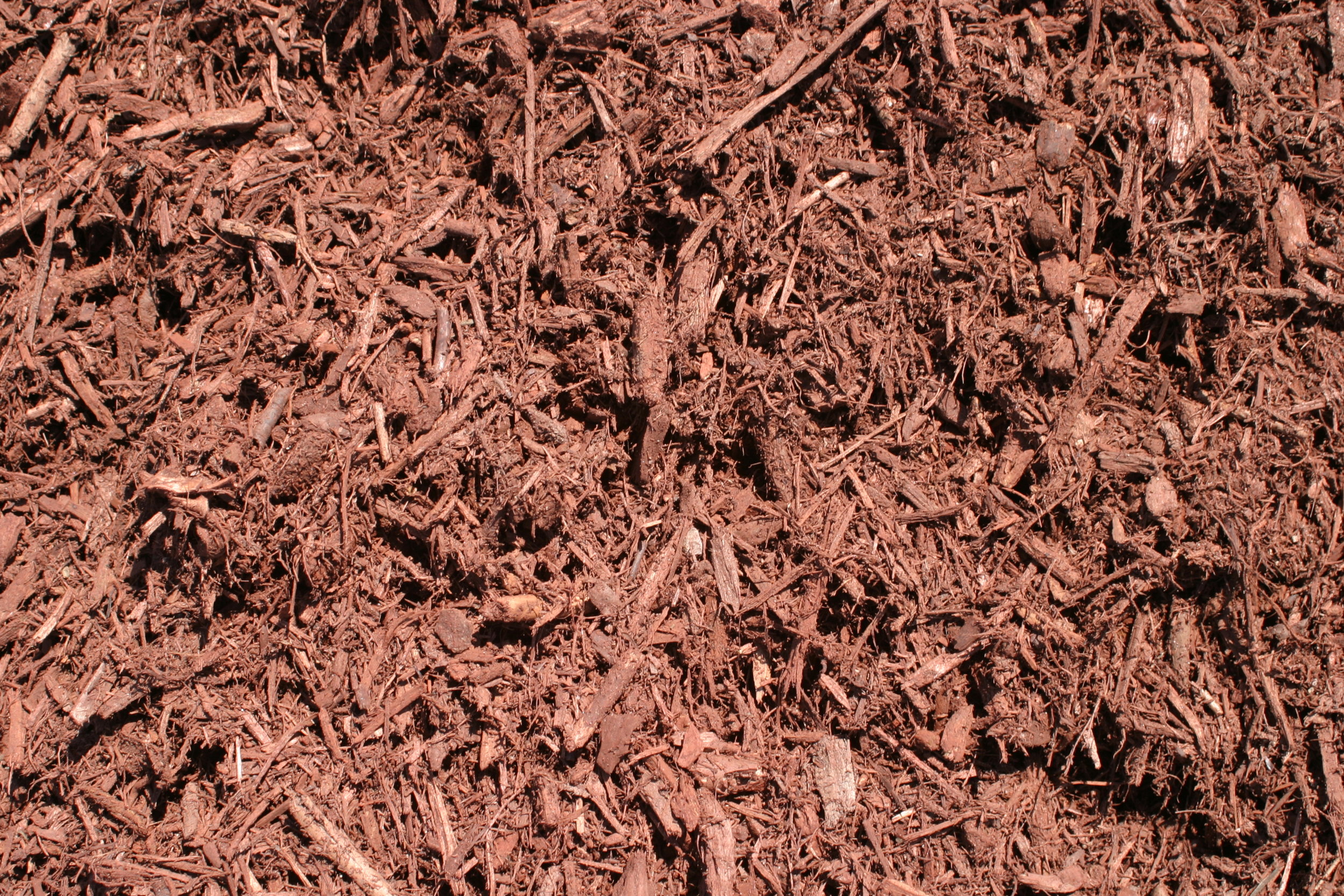In recent years, the emphasis on sustainability has grown tremendously, and organic recycling has emerged as a critical component of eco-friendly practices. Missouri, known for its rich agricultural heritage, is making strides in promoting organic recycling to reduce waste and enhance soil health. This article will explore the importance of organic recycling, the processes involved, and how Missouri is leading the way in sustainable waste management.
With the increasing awareness of environmental issues, many individuals and organizations are seeking effective ways to recycle organic materials. Missouri's initiatives in organic recycling not only benefit the environment but also support the local economy and promote healthier communities. This article will delve into the various aspects of organic recycling in Missouri, showcasing its benefits and challenges.
By providing a detailed overview of organic recycling practices, we aim to empower readers with the knowledge to participate in sustainable initiatives. Whether you are a resident of Missouri or simply interested in organic recycling, this guide will equip you with valuable insights into the processes and significance of organic recycling in today's world.
Table of Contents
What is Organic Recycling?
Organic recycling refers to the process of converting organic waste materials into useful products, primarily compost or mulch. This process typically involves the decomposition of organic materials such as food scraps, yard waste, and agricultural residues. Organic recycling not only helps reduce the volume of waste sent to landfills but also contributes to soil health and nutrient cycling.
Types of Organic Waste
- Food waste (fruits, vegetables, leftovers)
- Yard waste (grass clippings, leaves, branches)
- Agricultural residues (crop leftovers, manure)
- Paper products (uncoated paper, cardboard)
Importance of Organic Recycling
Organic recycling plays a vital role in sustainable waste management. By recycling organic materials, we can:
- Reduce landfill waste: Organic materials make up a significant portion of landfill content. By recycling them, we can decrease the burden on landfills.
- Enhance soil health: Compost produced from organic waste is rich in nutrients, promoting healthier soil and better plant growth.
- Reduce greenhouse gas emissions: Decomposing organic waste in landfills produces methane, a potent greenhouse gas. Organic recycling mitigates this issue.
- Support local economies: Organic recycling initiatives can create jobs and support local businesses involved in composting and organic farming.
Missouri Organic Recycling Initiatives
Missouri has implemented several initiatives to promote organic recycling across the state. These programs aim to raise awareness, provide resources, and encourage participation in organic recycling.
Statewide Programs
The Missouri Department of Natural Resources (DNR) has launched various programs to support organic recycling. These programs include:
- Composting education and workshops for residents and businesses.
- Grants to local governments for establishing composting facilities.
- Partnerships with non-profit organizations to promote community composting.
Local Governments and Organizations
Many local governments in Missouri have developed their own organic recycling programs. For example, the City of St. Louis has implemented a curbside composting program, allowing residents to easily recycle their organic waste.
Process of Organic Recycling
The organic recycling process typically involves several steps:
Benefits of Organic Recycling
Organic recycling offers numerous benefits, including:
- Improved soil quality: Compost enriches the soil, providing essential nutrients for plants.
- Water conservation: Healthy soil retains moisture better, reducing the need for irrigation.
- Economic savings: Reducing waste disposal costs and providing free compost to residents can save money for local governments.
- Community engagement: Organic recycling initiatives foster community involvement and collaboration.
Challenges in Organic Recycling
Despite its benefits, organic recycling faces several challenges:
- Lack of awareness: Many residents are unaware of the importance of organic recycling and how to participate.
- Infrastructure limitations: Some areas lack proper facilities for composting and organic waste processing.
- Contamination: Non-organic materials can contaminate organic waste, complicating the recycling process.
How to Participate in Organic Recycling
Individuals can contribute to organic recycling by:
- Composting at home: Start a compost bin or pile to recycle kitchen scraps and yard waste.
- Utilizing local programs: Check for local organic recycling programs and participate in curbside collection if available.
- Educating others: Share information about the benefits of organic recycling within your community.
Future of Organic Recycling in Missouri
The future of organic recycling in Missouri looks promising, with increasing public interest and government support. As more residents become aware of the benefits of organic recycling, we can expect to see growth in local programs and facilities. Additionally, advancements in technology may enhance the efficiency of organic waste processing, making recycling more accessible and effective.
Conclusion
In conclusion, organic recycling is a vital practice for promoting sustainability and reducing waste in Missouri. By understanding the processes involved, the benefits, and how to participate, individuals can contribute to a healthier environment and community. We encourage readers to leave comments, share this article, or explore more about sustainable practices on our site.
Closing Remarks
Thank you for taking the time to read our comprehensive guide on Missouri organic recycling. We hope this article has inspired you to engage in sustainable practices and consider the impact of organic recycling in your daily life. We look forward to seeing you again on our site for more informative articles!
Article Recommendations



ncG1vNJzZmilqZu8rbXAZ5qopV%2BcrrOwxKdwaKWZqMCwwdGiZKiql5a7qq%2BMq5ycsZOhtq%2BzjaGrpqQ%3D